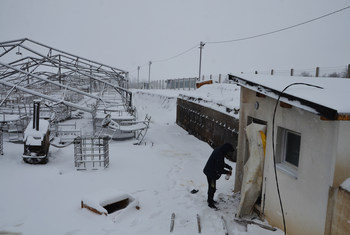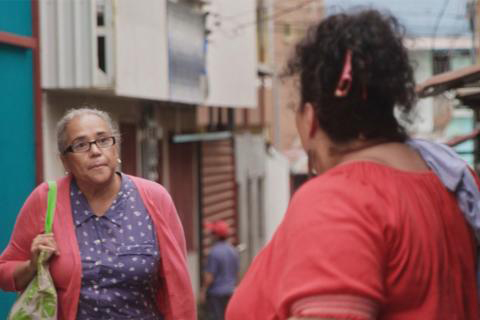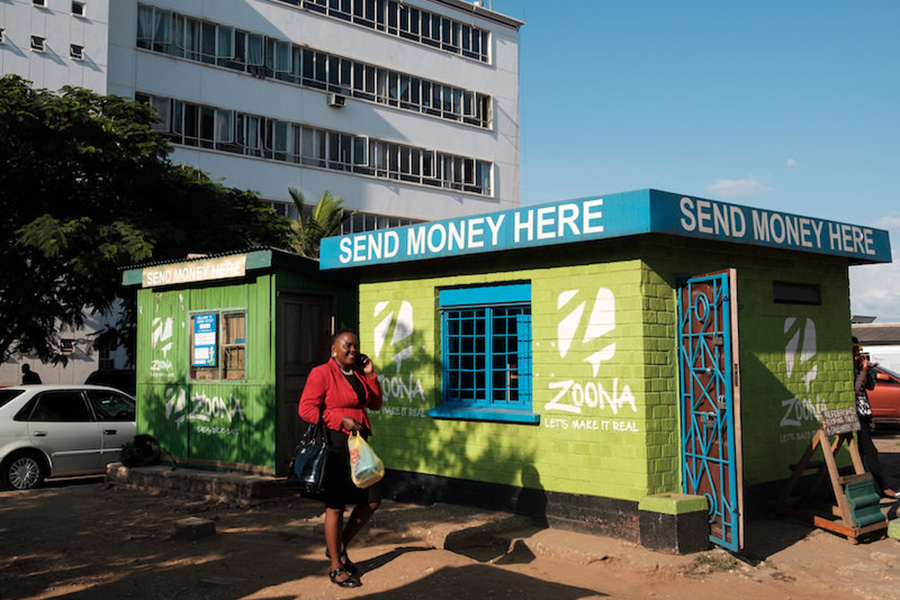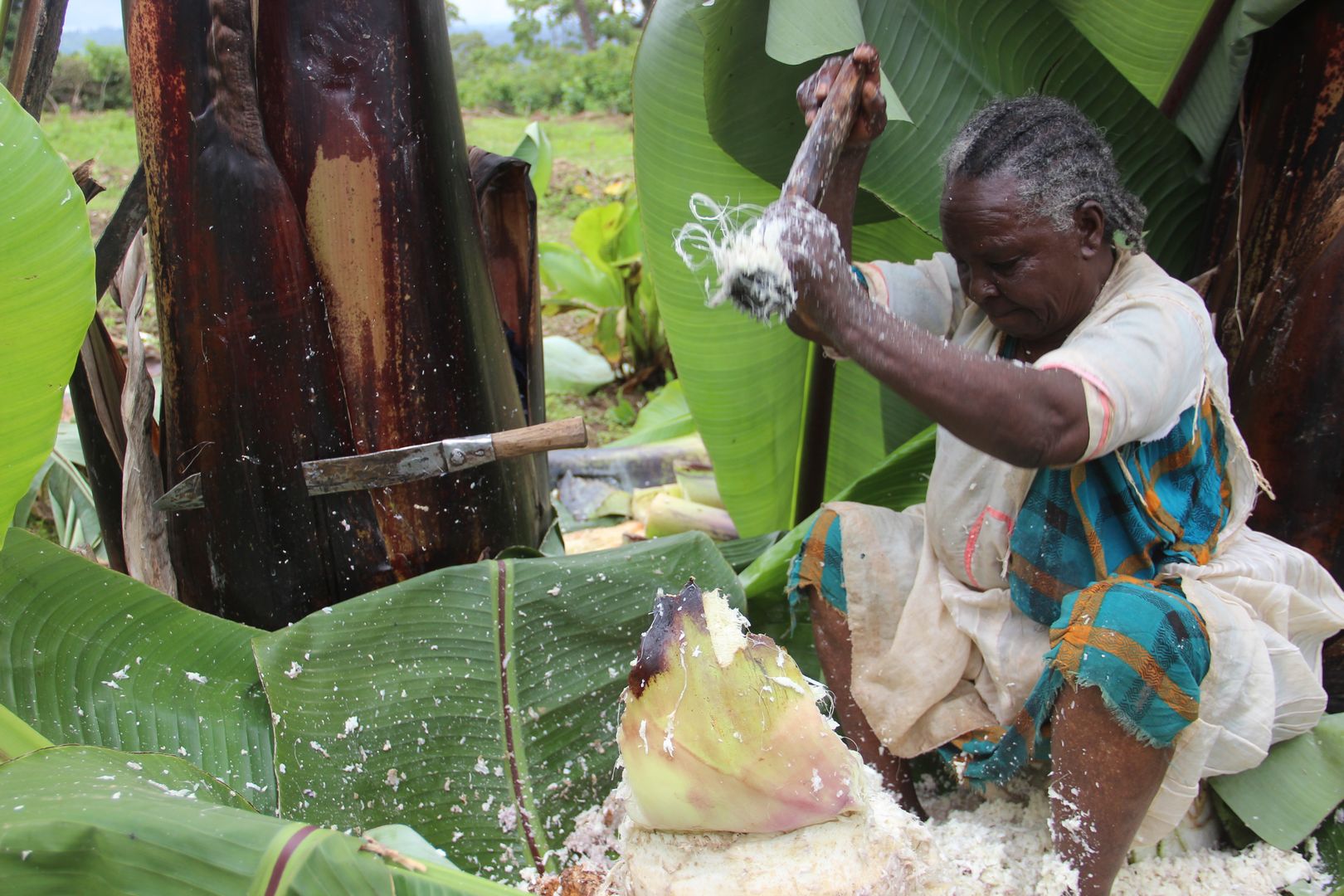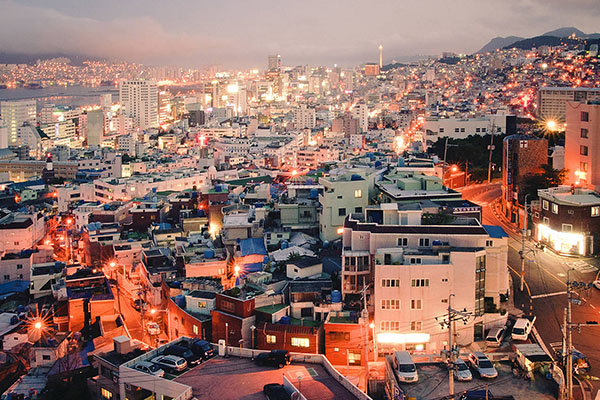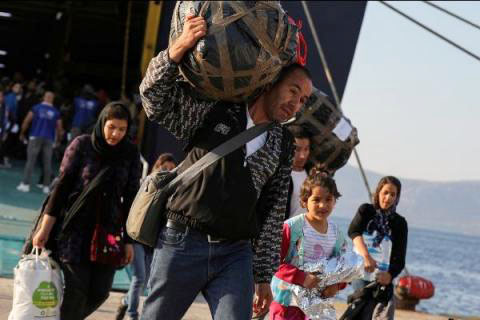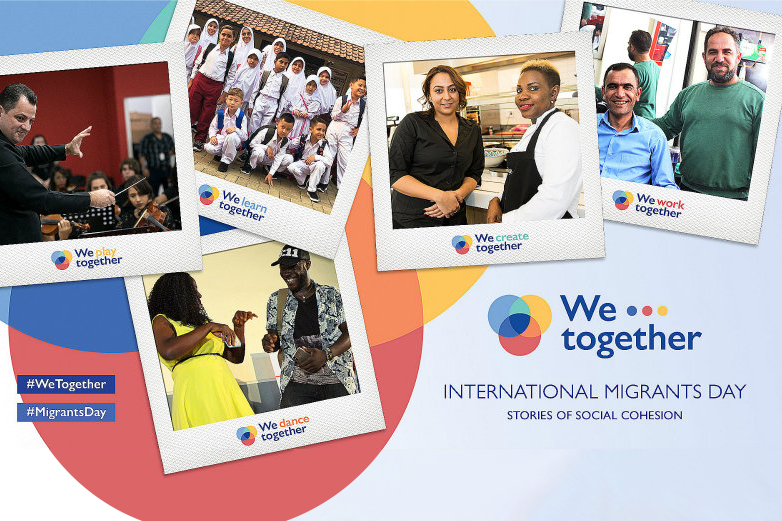Well over 2,500 migrants and refugees have been forced to sleep rough in Bosnia-Herzegovina for several weeks – on the European Union’s doorstep – despite the fact that suitable sheltered accommodation is available.
PHOTO STORY: Migrant workers 'destitute' in Beirut
Migrants often face lack of clear, accessible information that allows them to make informed decisions, so word-of-mouth myths and prejudices about access to status regularization prevail. “Many migrants are facing the consequences of decisions they made, which were informed by misinformation spreading on social media,” said Leonard Doyle, head of IOM Communications. Two new IOM campaigns are attempting to counter that. “Think Twice” was presented online in Guatemala, Honduras, and El Salvador on 22 October, two days after the virtual launch of “Mistakes by word of mouth," a campaign in Costa Rica.
COVID-19 has had an oversized negative impact on migrant workers. Perhaps surprisingly, despite the bleak experience for foreign overseas workers during the pandemic, the effect on remittances—the flow of money they send back home—has, in many cases, proven resilient. But that trend may yet be upended. The predicament of migrant workers over the last few months has highlighted the pressing need—now greater than ever—to support them and their families back home. IMF offers some suggestions.
Dilip Ratha, the World Bank’s Lead Economist for Migration and Remittances, explains how COVID-19 and the measures to control it are severely impacting remittances – or the money that migrants send home.
Hope and New Beginnings: Stories of Return for Displaced Families in Ethiopia
Including migrants in efforts to roll back impact of COVID-19
As 2019 drew to a close, the International Organization for Migration reported that there has been a sharp decline in the number of migrants dying while attempting to cross international borders. Despite this, the trends identified by IOM in 2019 remain stark for migrants and for refugees. You can see the data at Missing Migrants.
On the streets of Niamey and Agadez, Niger, transiting migrants and local communities are using street art to colorized homes and transit centres to bring people together. #WeTogether #MigrantsDay
18 December is International Migrants Day, a day to remember migrants and reiterate the need to respect the rights and dignity of all human beings. It is a day to recognize the estimated 272 million migrants that are integral members of our societies, and to celebrate migrants’ contributions to our humanity. This year, the International Organization for Migration (IOM) focuses on social cohesion in recognition of migrants and the communities in which they can, and do, flourish. We learn, create, work, sing, dance and play together. We live together. Let's salute and support them. We pledge to make the future we believe in arrive for all of us.
Changing the Narrative: Photo Exhibition Showcases Migrant, Refugee Entrepreneurship
Fostering Across Borders: unaccompanied migrant children film their stories (short)
Unaccompanied migrant children residing in Austria explore their experiences of living in family-based care and participate in a series of 5 filmmaking workshops to create a video on their views.

